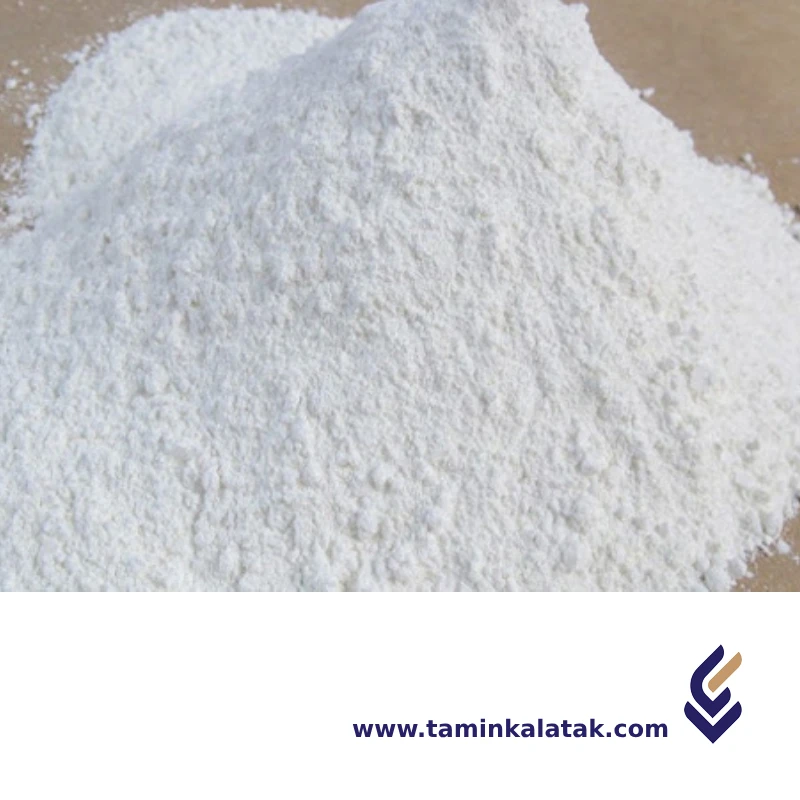Polymers are made up of very large molecules made up of many repeating units called monomers, which ultimately form this long polymer chain
A compound is a polymer blend mixed with additives, fillers, and reinforcements to achieve specific properties for end-use applications. A masterbatch is a concentrated mixture of additives or pigments in a carrier resin, used to enhance plastics without altering their base properties.
Processing Aid Masterbatch
Processing Aid Masterbatch (PPA) is an additive used in plastic processing to improve the flowability, surface finish, and processing efficiency of polymers. It helps reduce melt fracture, die buildup, and energy consumption during extrusion, injection molding, and blow molding.
Structure
The structure of Processing Aid Masterbatch consists of three main components: a carrier resin, a processing aid additive, and optional dispersing agents. The carrier resin, typically LDPE, LLDPE, PP, or EVA, acts as a medium to evenly distribute the active processing aid within the polymer. The core functional ingredient, the processing aid additive, is usually a fluoropolymer (PTFE-based), silicone-based material, wax, or metal stearate, which enhances polymer flow, reduces melt fracture, minimizes die buildup, and improves surface finish. To ensure uniform dispersion and stability, additional dispersing agents such as compatibilizers, antioxidants, and lubricants may be included. This structured composition allows the processing aid masterbatch to integrate seamlessly into plastic formulations, optimizing melt flow, reducing processing defects, and enhancing the overall quality of extruded and molded plastic products.
Properties
Processing aid masterbatch possesses several key properties that enhance the efficiency and quality of plastic processing. It improves the melt flow of polymers, reducing viscosity and enabling smoother extrusion or molding. One of its most significant characteristics is the reduction of melt fracture, commonly known as the sharkskin effect, which results in a smoother surface finish and improved clarity in films. It also minimizes die buildup, reducing maintenance requirements and increasing production efficiency. Additionally, processing aid masterbatch enhances the dispersion of fillers and pigments, ensuring uniformity in the final product. It helps in reducing energy consumption by lowering processing temperatures and extrusion pressure. Furthermore, it provides improved lubrication, leading to reduced shear stress and wear on processing equipment. These properties make processing aid masterbatch essential in applications such as film extrusion, blow molding, injection molding, and wire and cable coatings, ensuring better quality and higher productivity in plastic manufacturing.
Applications of Processing Aid Masterbatch
- Blown Film Extrusion: Improves melt flow, reduces melt fracture, and enhances surface finish.
- Cast Film Extrusion: Enhances gloss, clarity, and mechanical properties.
- Pipe and Profile Extrusion: Reduces die build-up and improves surface quality.
- Injection Molding: Facilitates mold filling, reduces cycle time, and improves part appearance.
- Blow Molding: Ensures uniform thickness and better mold release.
- Wire and Cable Coating: Reduces die drool and improves surface finish.
- Sheet Extrusion: Ensures uniform thickness and enhances mechanical properties.
- Recycling of Plastics: Improves melt flow and reduces defects in recycled materials.
Advantages of Processing Aid Masterbatch
- Improved Processability: Enhances melt flow and reduces processing defects.
- Enhanced Surface Quality: Provides a smooth, glossy, and defect-free surface.
- Reduced Melt Fracture: Prevents sharkskin defects and uneven surfaces.
- Energy Efficiency: Lowers processing temperature and energy consumption.
- Increased Output: Boosts productivity by reducing processing time.
- Cost Reduction: Minimizes waste and extends equipment life.
- Better Dispersion: Ensures uniform distribution of additives in polymers.
- Wide Polymer Compatibility: Suitable for polyolefins, PVC, and other thermoplastics.
Disadvantages of Processing Aid Masterbatch
- Additional Cost: Adds to production expenses.
- Compatibility Issues: May require formulation adjustments for some polymers.
- Impact on Mechanical Properties: Overuse may affect strength and durability.
- Temperature Sensitivity: Some additives degrade at high temperatures.
- Environmental Concerns: Some materials may not be biodegradable.
Applications
| Applications | , , |
|---|
Masterbatch Help Process
| Products | MFI (g/10 min) | Density (g/Cm³) | Applications | Process method | Data Sheet | MSDS |
|---|---|---|---|---|---|---|
| Masterbatch help process | 1-50 | 0.90-1.40 | Blown & Cast Films Pipes & Profiles Injection Molding Blow Molding Wire & Cable Coating Sheet Extrusion Recycling | Extrusion Injection Molding Blow Molding Compounding |







